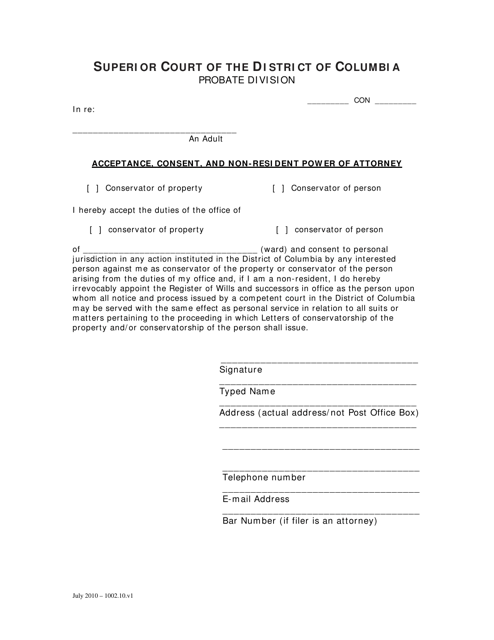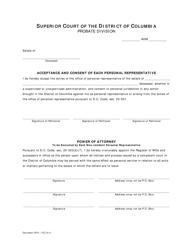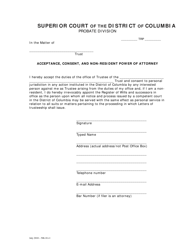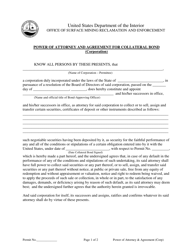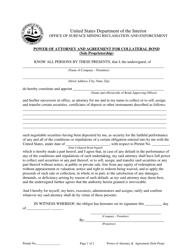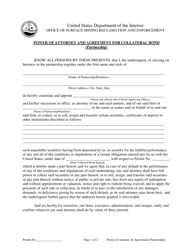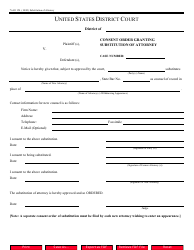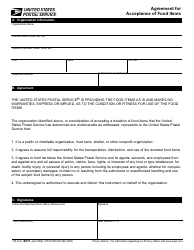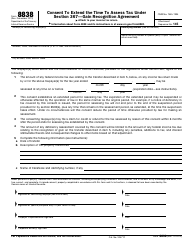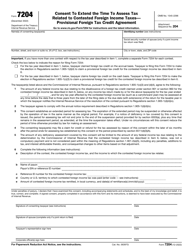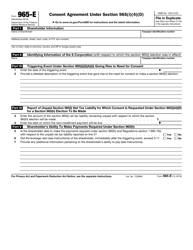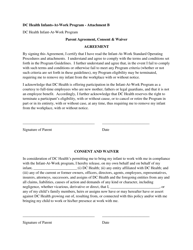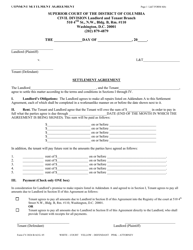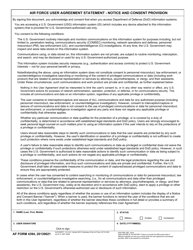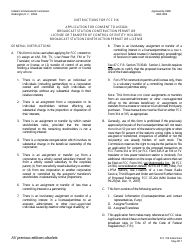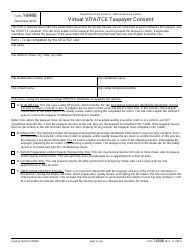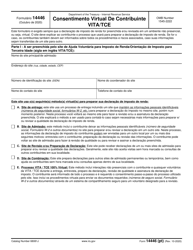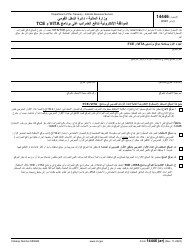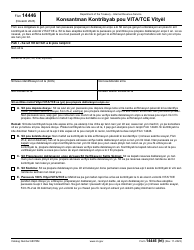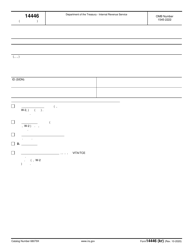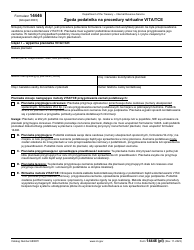Acceptance, Consent, and Non-resident Power of Attorney (Con) - Washington, D.C.
Acceptance, Consent, and Non-resident Power of Attorney (Con) is a legal document that was released by the District of Columbia Courts - a government authority operating within Washington, D.C..
FAQ
Q: What is a power of attorney?
A: A power of attorney is a legal document that allows someone to act on your behalf in financial or legal matters.
Q: What is a non-resident power of attorney?
A: A non-resident power of attorney is a power of attorney document that is given to someone who does not reside in the same state as the person granting the power.
Q: What is acceptance and consent in a power of attorney?
A: Acceptance and consent in a power of attorney refers to the agreement and acknowledgement of the person who will be acting as the attorney-in-fact.
Q: What is a power of attorney used for?
A: A power of attorney can be used for various purposes, such as managing finances, making healthcare decisions, or handling legal matters on behalf of someone else.
Q: Is a power of attorney valid in all states?
A: No, a power of attorney may not be valid in all states. The laws regarding powers of attorney vary from state to state.
Q: How do I create a power of attorney?
A: To create a power of attorney, you typically need to draft a legal document that specifies the powers and limitations of the attorney-in-fact, and have it signed and witnessed according to the laws of your state.
Q: Can a power of attorney be revoked?
A: Yes, a power of attorney can be revoked at any time as long as the person who granted it is mentally competent.
Q: Can I grant a power of attorney to a non-resident?
A: Yes, you can grant a power of attorney to a non-resident. However, it is important to consider the potential challenges that may arise due to different state laws and the physical distance between the parties involved.
Q: Do I need a lawyer to create a power of attorney?
A: While it is not required to have a lawyer create a power of attorney, it is often recommended to seek legal advice to ensure that the document is valid and meets your specific needs.
Q: What happens if I become incapacitated and do not have a power of attorney?
A: If you become incapacitated and do not have a power of attorney, it may be necessary for a court to appoint a guardian or conservator to make decisions on your behalf.
Form Details:
- Released on July 1, 2010;
- The latest edition currently provided by the District of Columbia Courts;
- Ready to use and print;
- Easy to customize;
- Compatible with most PDF-viewing applications;
- Fill out the form in our online filing application.
Download a fillable version of the form by clicking the link below or browse more documents and templates provided by the District of Columbia Courts.
